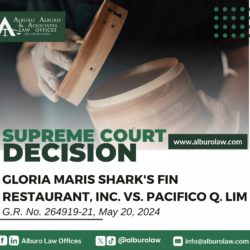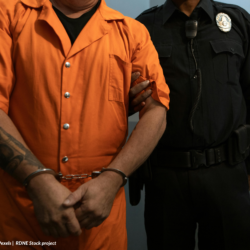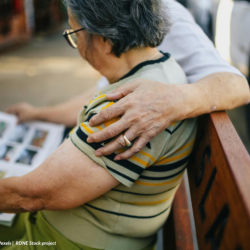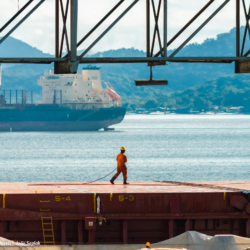The Supreme Court decides: A trademark registered in bad faith is considered as unfair competition under the IP Code.
The Supreme Court held that a trademark registered in bad faith is considered as unfair competition under the IP Code. Fraud and bad faith, in terms of trademark, go hand-in-hand. There is no distinction between these concepts since one necessarily presupposes the existence of the other. Under Section 151 of the IP Code, a certificate of registration may be canceled if, among others, it was fraudulently made.











